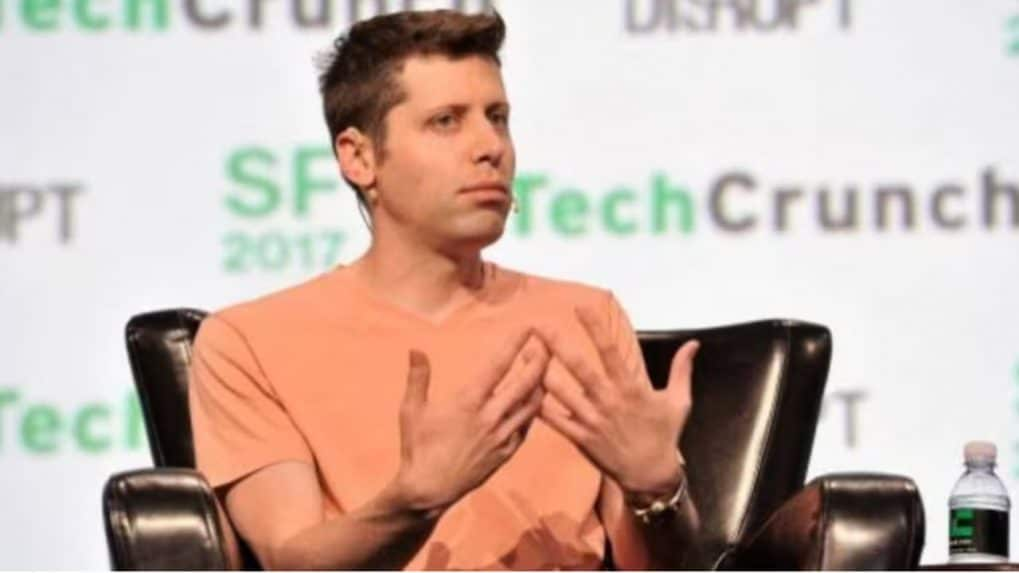Advertising
From Pink Slips to Silent Sidelining: Inside adland’s layoff and anxiety crisis

S. Krishnan, Secretary of the Ministry of Electronics and Information Technology (MeitY), addressed concerns on Tuesday about the government’s approach to developing India’s first foundational artificial intelligence model. In remarks made at a CNBC-TV18 townhall, Krishnan highlighted the government’s effort to balance the use of open-source models with the potential of established technologies, such as those developed by OpenAI.
Krishnan said that OpenAI’s CEO, Sam Altman, who is set to visit India this week, is expected to meet with Prime Minister Narendra Modi and Union Minister for Electronics and Information Technology Ashwini Vaishnaw to discuss the broader applications of OpenAI’s technology. However, the government remains cautious about fully embracing proprietary models.
Krishnan said the government is willing to explore a potential cooperation with OpenAI, but said ChatGPT is not an open-source model. "Our models will have to be built on open-source foundations," he said.
The government, he noted, is open to exploring collaboration with OpenAI, yet it faces challenges in incorporating models like ChatGPT, given the concerns surrounding the proprietary nature of such tools. As an example of a hybrid model, Krishnan pointed to DeepSeek, an AI project that integrates parts of existing technologies while building on them. He emphasized, however, that one of the key hurdles in AI development remains the uncertainty surrounding the training data used by such models.
In a broader discussion about data privacy, Krishnan raised concerns about sensitive information traveling to foreign servers when using tools like DeepSeek. To mitigate these risks, he proposed hosting the application on Indian servers to ensure that data remains within national borders, addressing both the need for innovation and the imperative of data security.
As India looks to strengthen its AI capabilities, these discussions signal a broader effort to develop a robust and secure AI ecosystem—one that promotes innovation while safeguarding the country’s digital sovereignty.
From purpose-driven work and narrative-rich brand films to AI-enabled ideas and creator-led collaborations, the awards reflect the full spectrum of modern creativity.
Read MoreLooking ahead to the close of 2025 and into 2026, Sorrell sees technology platforms as the clear winners. He described them as “nation states in their own right”, with market capitalisations that exceed the GDPs of many countries.